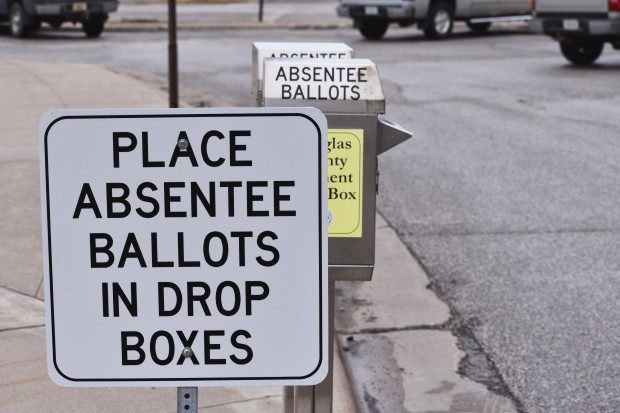The state Supreme Court rulings on Thursday appear to have sharpened the differences in the race for governor.
Gov. Scott Walker welcomed both the ruling backing the Act 10 legislation, and the decision supporting the voter ID law: “We went two-for-two,” he said on Thursday.
Walker said the Act 10 law limiting collective bargaining for most public-sector workers is working to hold down property taxes, yet maintain the quality of the public schools. Walker said his chief Democratic opponent, Madison school board member Mary Burke, would chip away at what he sees as a reform.
Stay informed on the latest news
Sign up for WPR’s email newsletter.
“She’s part of a school board in Madison … the teachers of which were the heart of this suit,” said Walker. “Madison is one of the few school districts in this state that hasn’t fully embraced and used the reforms that are working and saving taxpayers money.”
Burke said workers should have the right to collectively bargain, and said negotiators could have worked out the higher state employee contributions to pensions and health insurance that the governor simply ordered. She also said Madison schools are doing fine.
“Well, I’m very proud of my school board record and we have a good financial situation there,” she said. “We have been able to make the investments needed to improve student learning, but we have also been accountable to the taxpayer. In fact, we levy far below the limit that is allowable under state law.”
Burke said she disagrees with the voter ID ruling, saying she doesn’t want unnecessary restrictions in the way of people voting. She also said she’s glad that the Supreme Court upheld the state’s domestic partnership registry. Walker had refused to defend that statute passed during the Gov. Jim Doyle administration.
Wisconsin Public Radio, © Copyright 2024, Board of Regents of the University of Wisconsin System and Wisconsin Educational Communications Board.






